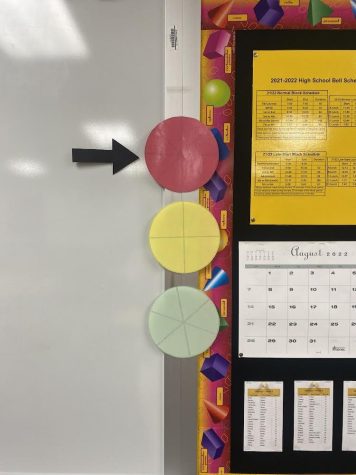Students Adjust to New Cell Phone Policy

A new red, yellow, green light phone policy has been put in place this school year.
The policy includes three different restrictions on whether or not students are supposed to be on their phones.
A red light indicates that students are not allowed to use their phones at the time. A yellow light means that it is either the teacher’s choice or only under some circumstances that phones are allowed. A green light allows students to use their phones.
The policy was created to teach students to use their phones only when it is appropriate and to encourage students to actively participate and pay attention during class.
Furthermore, it is designed to help students to learn when is and isn’t an appropriate time to be on their phones.
“I think the red, yellow, green light system can work. It will take time and patience on everyone’s part because the sole reason students are here is to get an education and when things get in the way of that there needs to be some system to curb that distraction,” said health teacher John Jones. “Have I seen more students conforming to the policy, yes. Have all my students, no. I still have those students who have to be reminded that it is red time, and to put them away. Is it better, absolutely.”
Despite the good intentions of the policy, students have differing opinions on it.
“I think that it could have been executed better because the red light green light thing makes me feel like a kindergartener,” said sophomore Sophia Bell. “I guess I focus more, but most teachers already had their own policy in place. This isn’t really a new thing. They’re adding something that was already there.”
Among the discussions regarding the policy, a question many students and teachers alike are now pondering is whether or not the school will keep the new policy in effect in future school years.
“I see this evolving to a system that students will be able to buy into. If grades improve because of this policy isn’t that a good thing? Absolutely!” said Jones.










